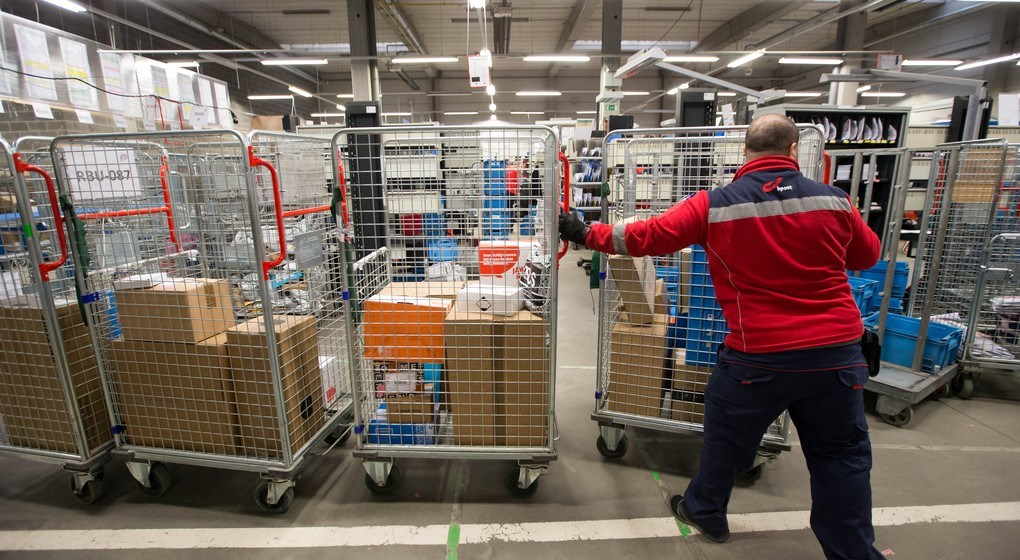The Federal Parliament has approved a new parcel law, meaning that thousands of parcel couriers who work as self-employed people will soon receive a minimum wage and the right to rest, announced Federal Post Minister Petra De Sutter on Friday.
The Parcels Act, which will come into effect in 2024, aims to protect couriers against social dumping (replacing an established workforce with cheap labour), but would not mean the end of cheap parcel services, De Sutter said.
"The sector can adjust the business model or reduce the profit margin somewhat. It does not necessarily mean that the packages will become more expensive," she said. "There are parcel companies that outright exploit couriers. These companies are the bad apples and we are dealing with them."
From now on, courier companies will have to register with the government and inform the Belgian Institute for Postal Services and Telecommunications (BIPT) every six months how many and which couriers they work with and how much they pay them.

Vice-prime minister and minister of Civil Services and State-owned companies Petra De Sutter. Credit: Belga / Jonas Roosens
Couriers will be allowed to deliver parcels for a maximum of nine hours per day. "In total, they can work a maximum of 56 hours per week, a maximum of 90 hours per two weeks and a maximum of 10 hours twice a week," De Sutter said.
Additionally, there will also be a kind of minimum wage for the couriers – a first in Europe, she said. From now on, couriers will also be paid for petrol, garage costs and car insurance, for example. In case of violations, client companies risk a fine of up to 5% of their turnover.
Related News
- More expensive packages? Better driver conditions will likely cost customers more
- Customers will soon be able to opt for 'sustainable' delivery of packages
However, business organization Unizo and Transport and Logistics Flanders (TLV) reacted displeased to the new postal parcel law.
"They fail to enforce the existing legislation and then come up with new rules that mainly affect well-meaning entrepreneurs," they said. "The consequences are more administrative concerns, a curtailment of free entrepreneurship and a greater competitive advantage for Bpost."
"We reject any form of abuse, exploitation and cowboy practices, but it is incomprehensible that the government fails to enforce existing legislation and then invents new regulations," said Unizo CEO Danny Van Assche.

